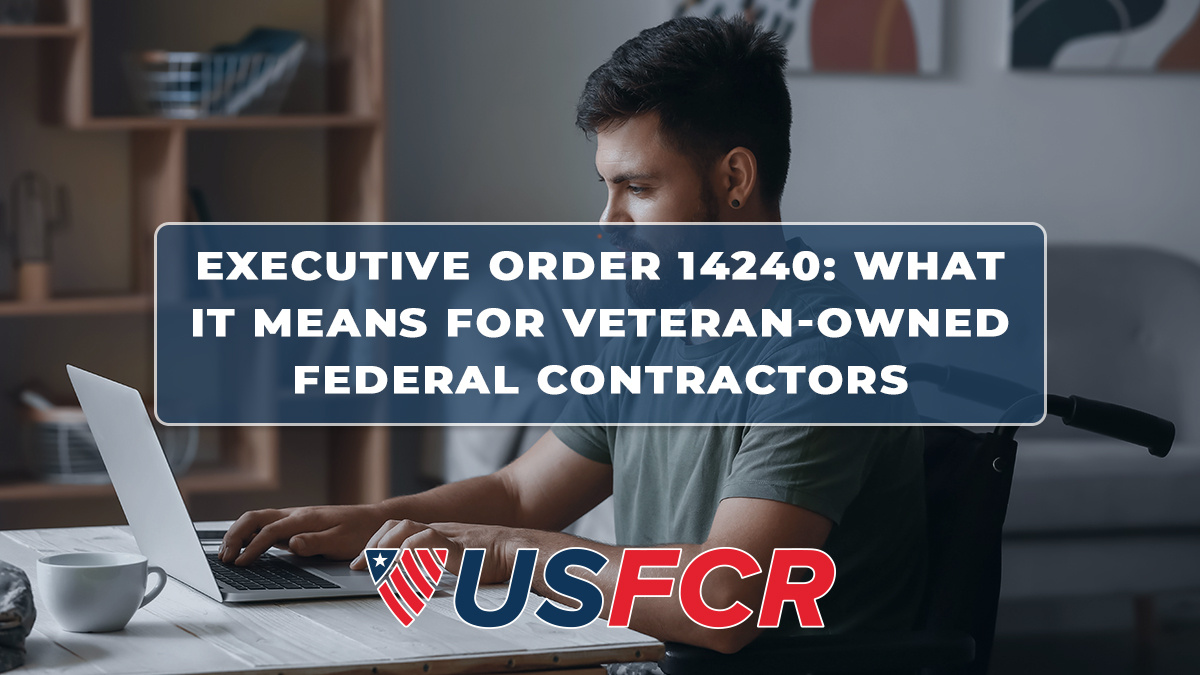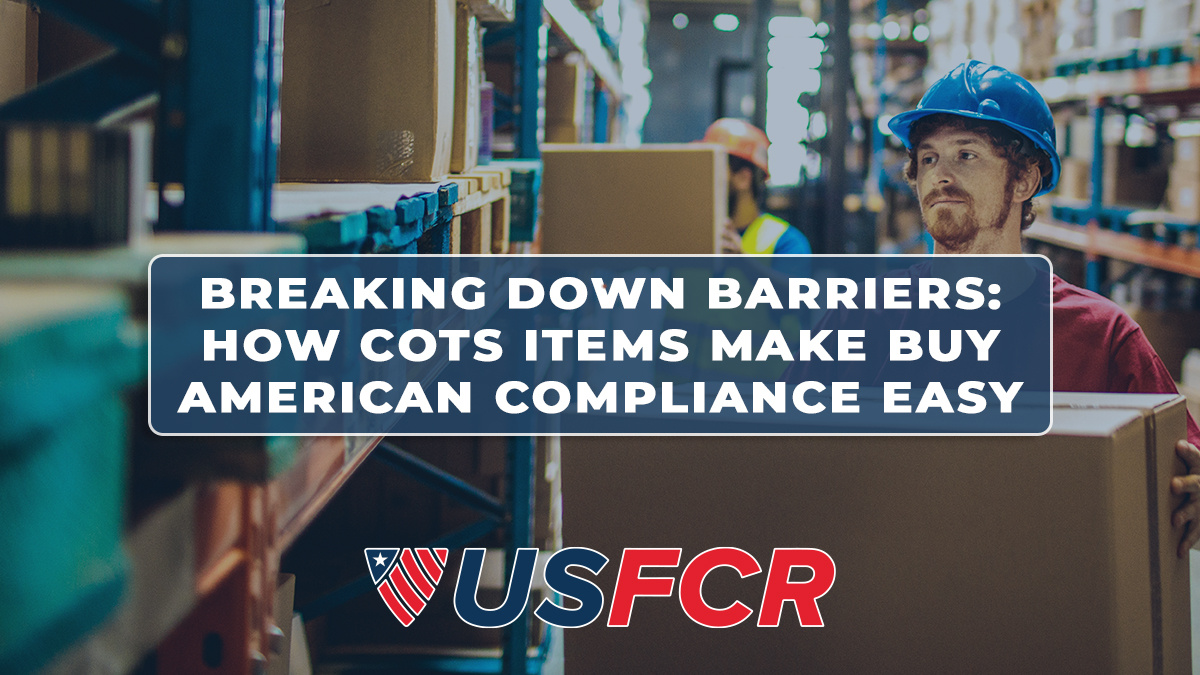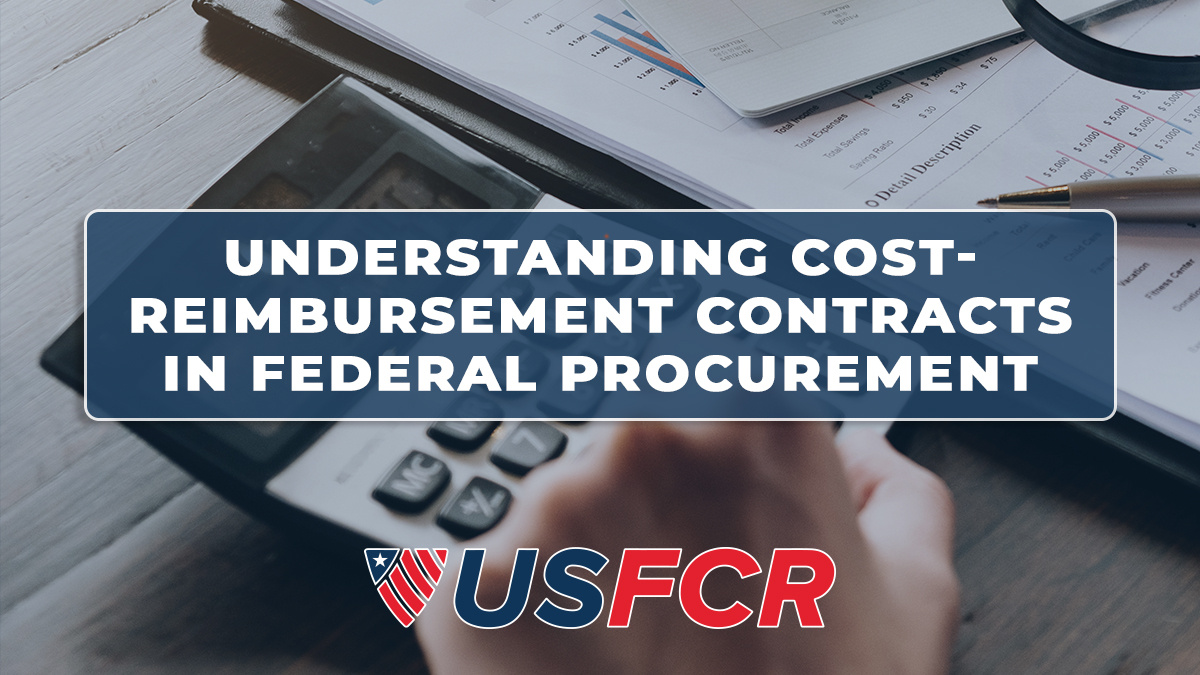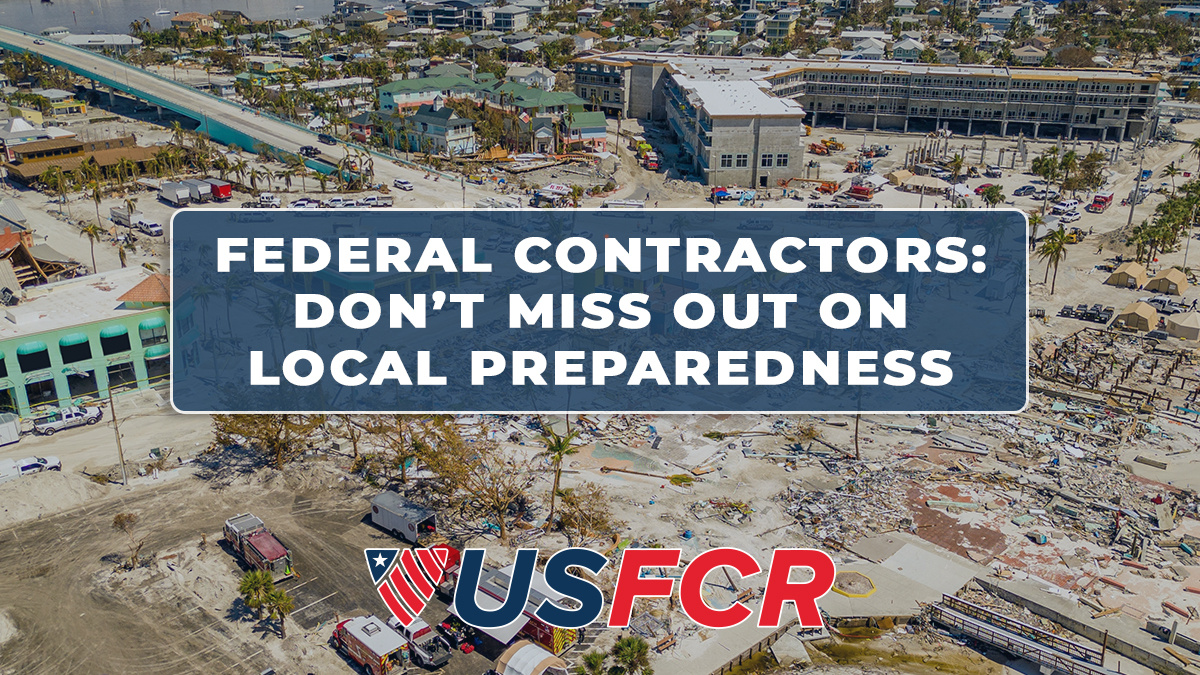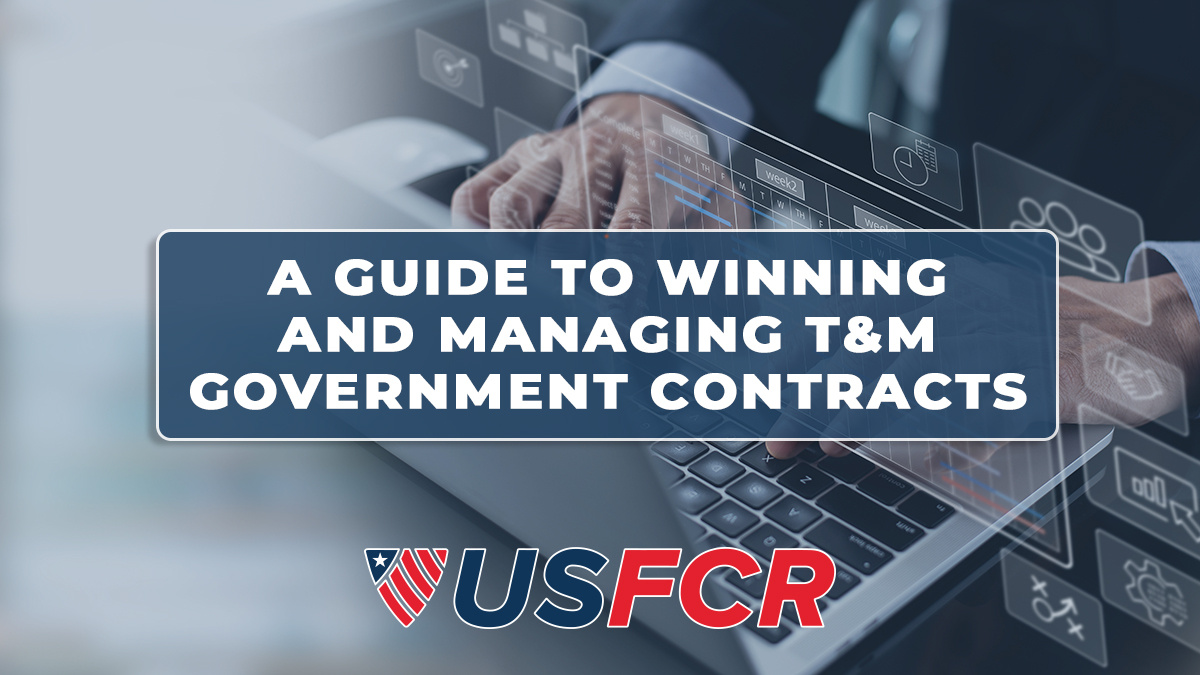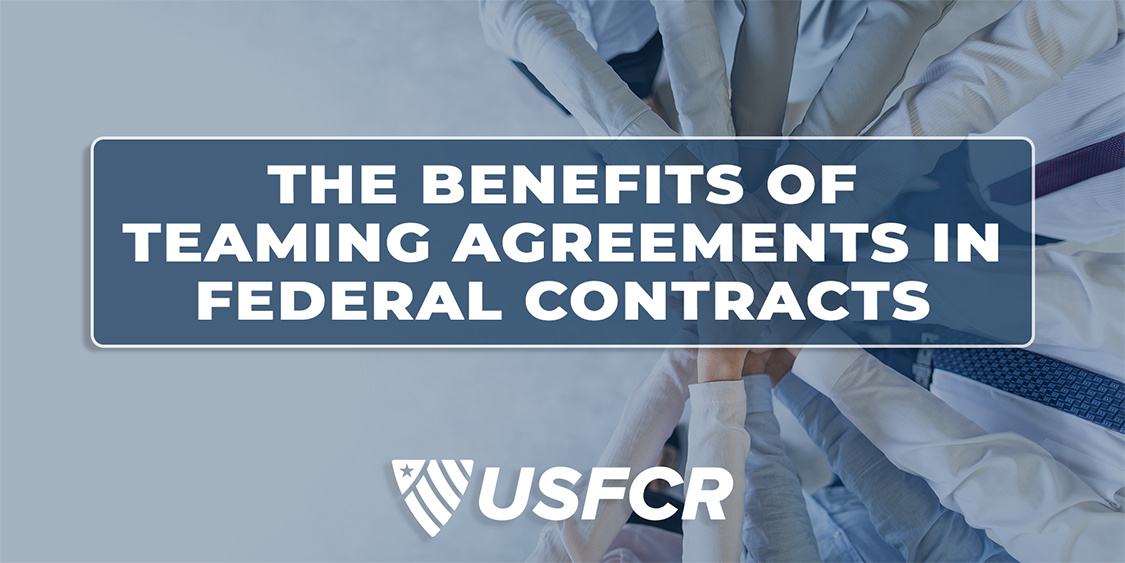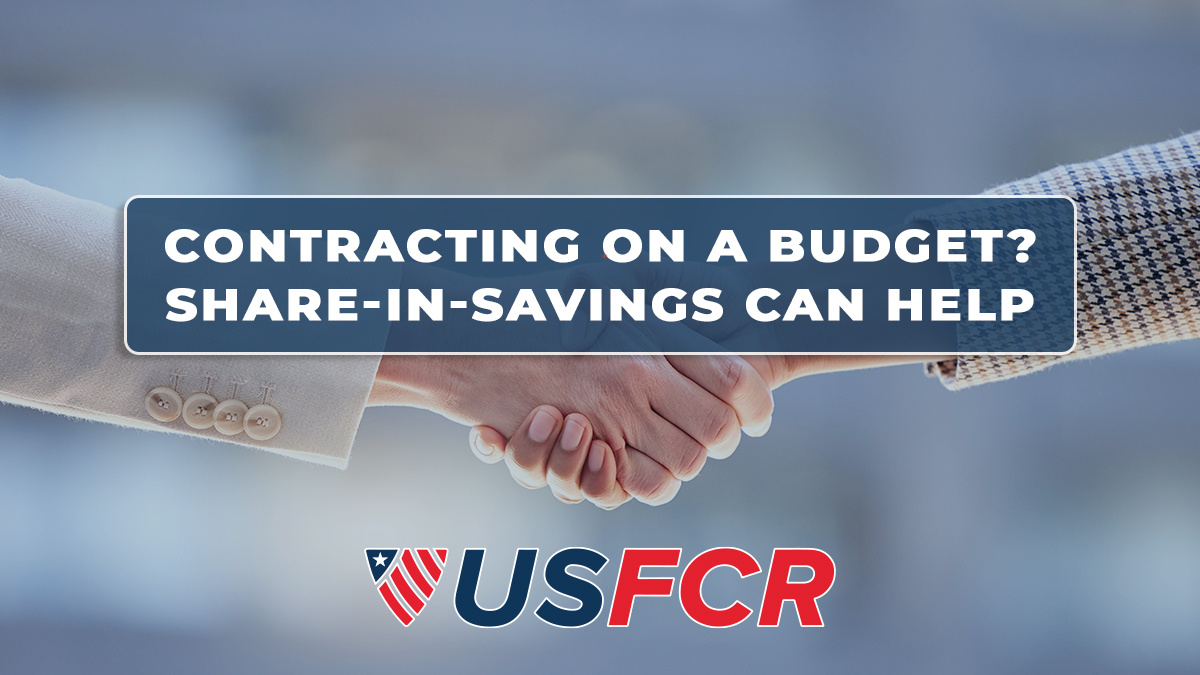The federal contracting world is about to undergo a significant change, and veteran-owned businesses need to be ready. Signed on March 20, 2025, Executive Order 14240 is set to consolidate federal procurement under the General Services Administration (GSA). The goal is to eliminate waste, reduce redundancy, and save taxpayer dollars by centralizing common goods and services procurement within one agency—GSA
The federal government is shifting its focus to state and local preparedness, creating new opportunities for businesses in federal contracting. With an emphasis on risk-informed decision-making and empowering local entities, this policy shift opens doors for contractors who provide infrastructure solutions, emergency management support, cybersecurity services, and public health preparedness resources.
Why State and Local Preparedness Matters
